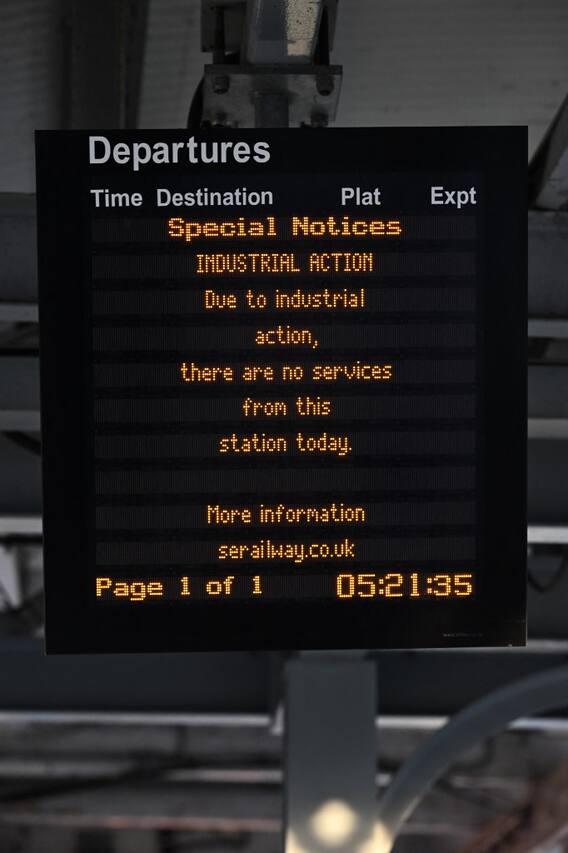
Great Britain is facing the biggest rail strikes in three decades, on Tuesday, thousands of rail workers walked out causing a major disruption across the network, several stations were deserted as trains were cancelled. (Image Source: AFP)
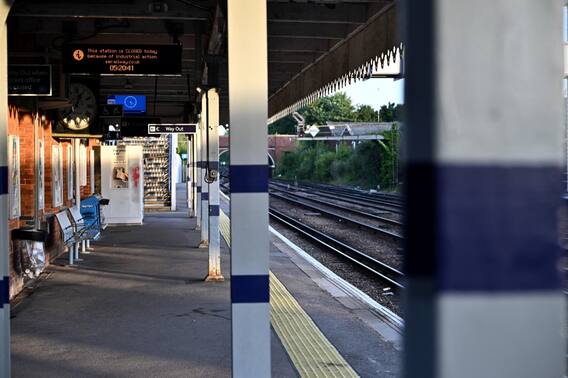
The strike started Monday night as the workers’ unions and the government refused to budge from the respective stands in a row over pay freezes and job cuts. (Image Source: AFP)
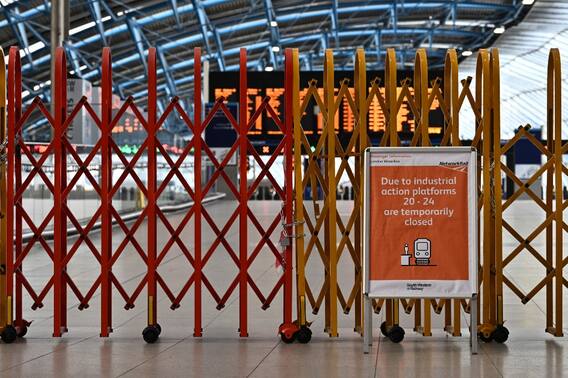
The RMT rail union argues the strikes are necessary as wages have failed to keep pace with U.K. inflation, which has hit a 40-year high and is on course to keep rising. (Image Source: AFP)
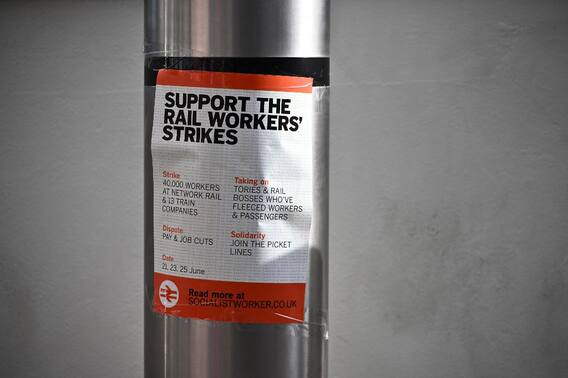
According to the plan devised by the unions, there will be three 24-hour walkouts by the 40,000 railway staffers, including signallers, maintenance and train staff — on Tuesday, Thursday and Saturday. (Image Source: AFP)
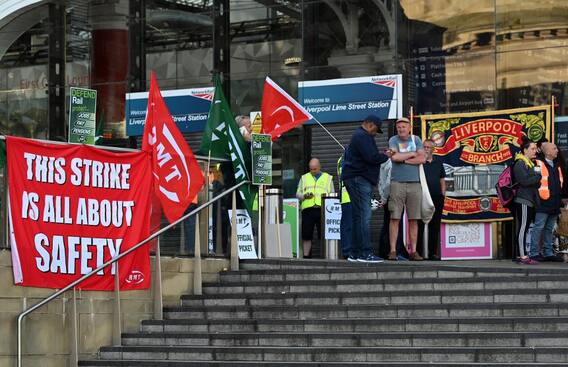
While the inflation is pushing 10 per cent, average underlying wages are no higher than what they were in 2006 when adjusted for inflation. (Image Source: AFP)
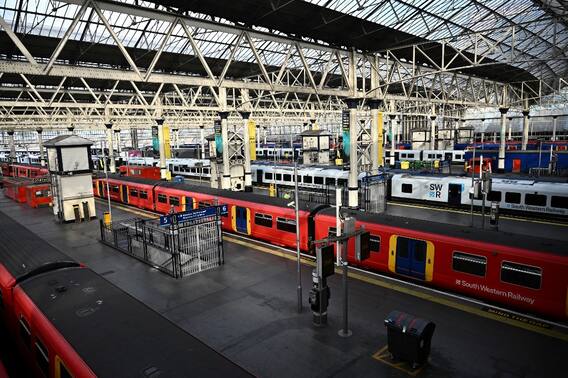
The strike will allow only one in five trains to run on these days and halt the services altogether in much of northern and south-west England, Wales and Scotland, The Guardian reported. (Image Source: AFP)
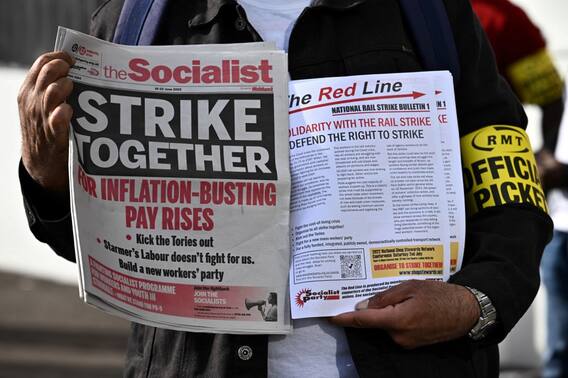
Meanwhile, The UK government has said it is giving additional support to millions of the poorest households, but above-inflation pay rises would damage the fundamentals of the economy. (Image Source: AFP)
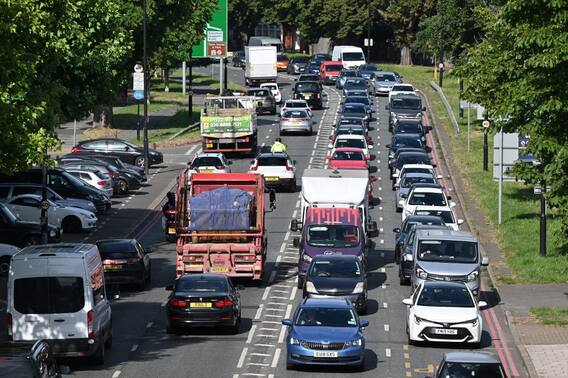
Passengers were warned not to travel all week, with two more days of strike action scheduled for Thursday and Saturday wreaking havoc to schedules. In London, cab firms reported a surge in demand, while main roads were packed with buses and cars, with cyclists weaving in between. (Image Source: AFP)
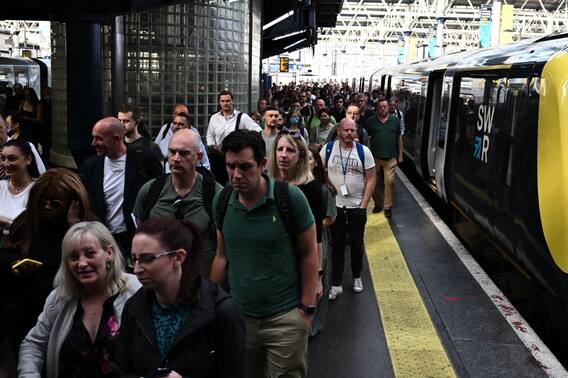
Meanwhile, due to a separate strike, the London Underground metro was also mostly closed, causing a great deal of inconvenience to passengers, according to a Reuters report. (Image Source: AFP)
No comments:
Post a Comment